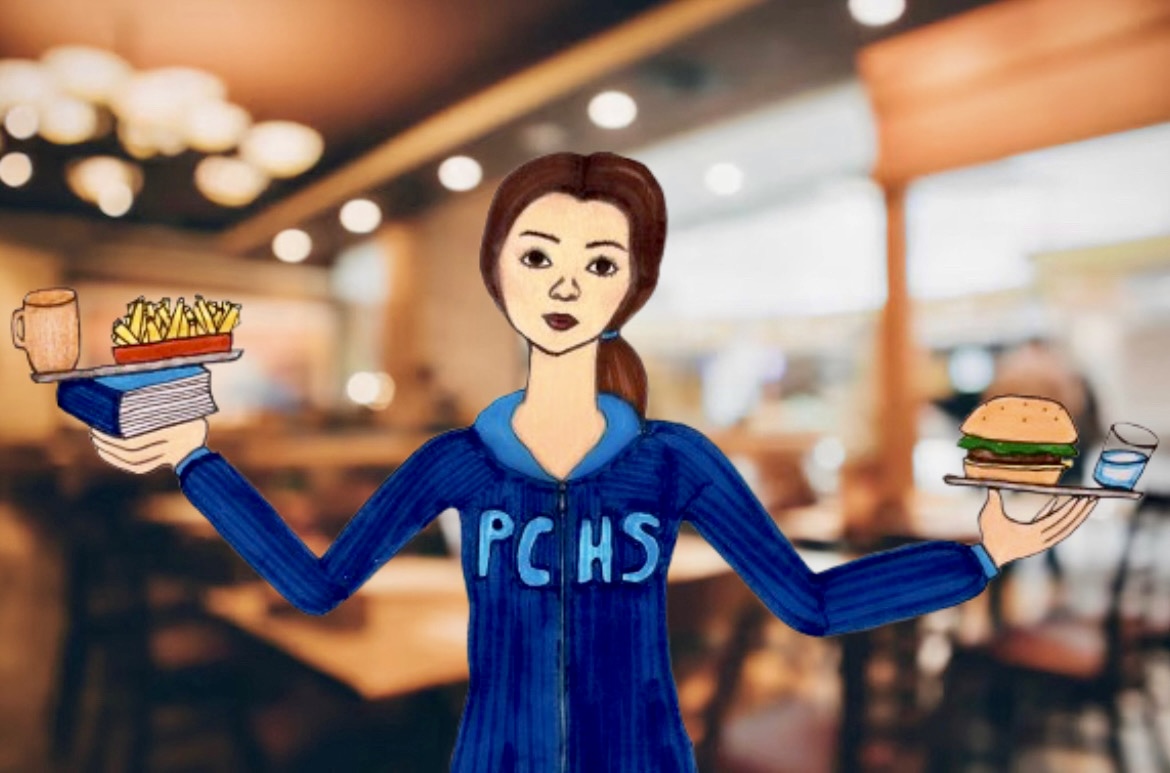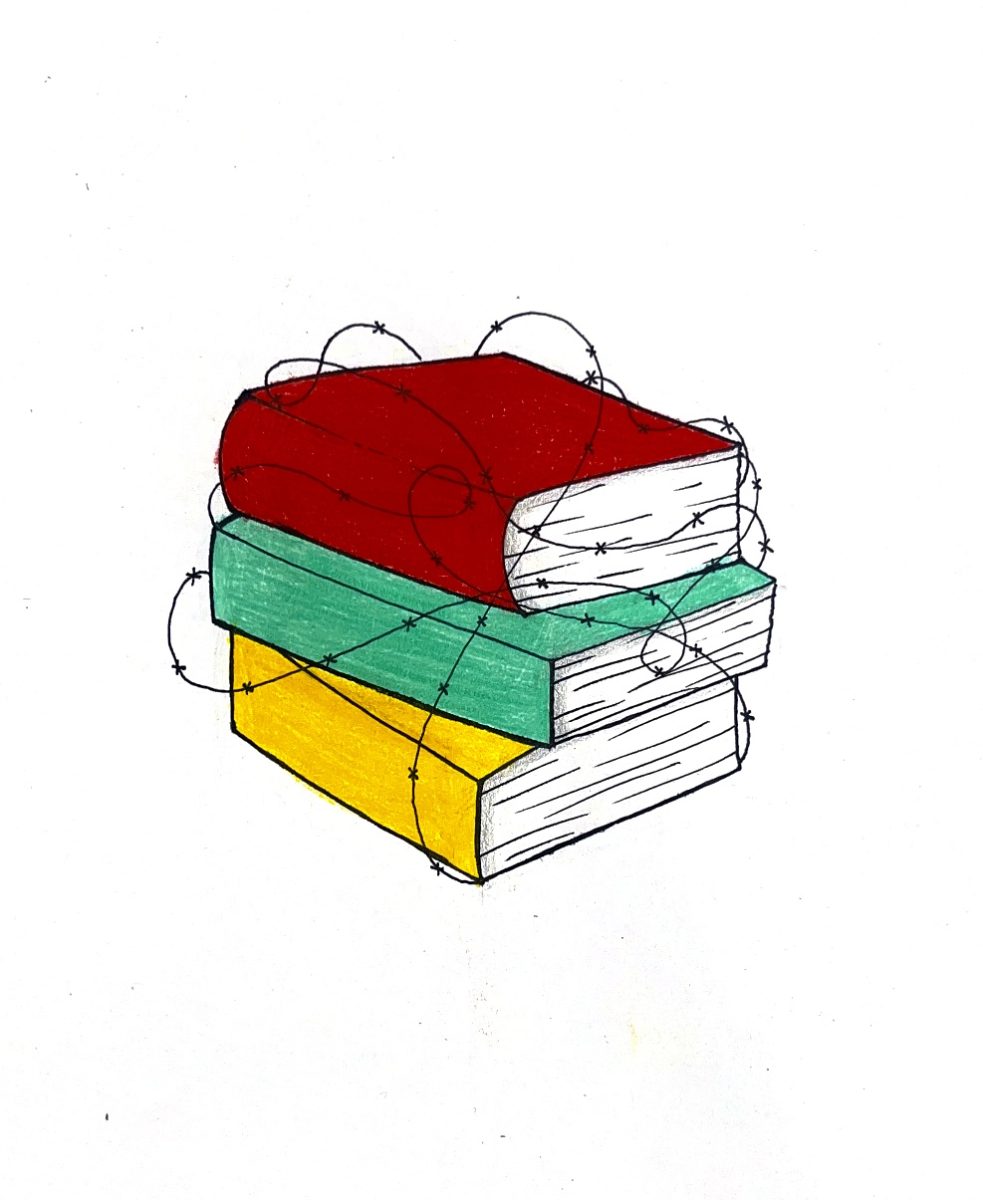Among the multitude of commitments that high school students balance with their personal lives—grades, clubs, sports, volunteering, test preparation, college applications—the option to work part-time remains popular among the schedules of many Pali students. Whether it’s working as a restaurant server or interning at a law firm, students at Pali boast a diverse array of jobs.
To help support students who work throughout the school year, the Work Experience Education (WEE) program at Pali is an elective, dual-enrollment course taken through West Los Angeles College that offers students the opportunity to receive college credit for the time they devote to their jobs off-campus.
Pali’s Career Technical Education Coordinator David Pickard explained that while WEE requires students to have a part-time work position prior to enrolling, the course is still a resource available to help students “develop their confidence and [equip] them with the necessary tools to succeed in college-level studies or to enter the workforce.”
“[WEE] encourages students to work in fields that are aligned with their future goals, providing hands-on experience and skill development in specific industries,” Pickard said. “They gain access to mentorship, guided learning opportunities, and exposure to professional environments.”
Along with requiring that students attend their jobs regularly each week, the WEE course educates students about workplace readiness and career exploration, as well as essential life skills.
“Students learn how to write resumes, apply for jobs and succeed in interviews while also developing soft skills like communication, teamwork and problem-solving,” Pickard said. “The courses often include lessons on financial literacy, such as budgeting and managing earnings, as well as understanding labor laws and workplace rights. Through reflection and goal-setting activities, students connect their job experiences to their long-term personal and professional growth.”
According to Pickard, current and past students who have participated in the program have held jobs in a variety of fields, with some of the more popular choices being in customer service and retail. Additionally, many students have had internships at medical clinics, law firms and real estate companies, as well as positions in technology, media and performing arts industries.
While some students may already be exploring their career interests in pre-professional internships, others are looking to gain experience in their futures through everyday jobs in customer service.
Pali senior Lucas Nehoray, who has worked at Trader Joe’s since his sophomore year, said that his position as a crew member relates to his decision to “apply to a lot of [his] schools as a nutrition major.”
“My work consists of hourly chain responsibilities, including stocking products on shelves, maintaining the store’s appearance, buying groceries, checking out customers and distributing products,” Nehoray said. “I am also one of the members of the donation team, focused on improving the donation system, so more of our soon-to-expire food goes to nonprofits.”
Although Nehoray does not believe that everyone should be required to have a job in high school, he said that he has learned a lot from his experience.
“It’s something most people should try and do at some point, even if that’s just after senior year,” he said. “I think it’s worth at some point trying to get a job and learning all that you can from working in a real work environment.”
Pickard agrees with Nehoray, saying that he believes it is important to gain work experiences early on to be better prepared for the future.
“Early work experience fosters independence, confidence and a strong work ethic, all of which are valuable in college and beyond,” he added. “Additionally, students can learn the importance of balancing responsibilities, managing finances and setting goals, laying a solid foundation for future personal and professional success.”
For many students, having a paid position represents more than just a paycheck or an embellishment on a resume. Being able to make their own money means financial responsibility and preparing for the economic realities of adulthood, including college life.
“It’s nice having that independence and not needing to ask parents for money,” Nehoray said. “I try to save as much as possible, and I feel like it’s giving me a lot more freedom in terms of wanting to buy small things like food after school. And I’ve also invested some in the stock market.”
As students earn their own income, Pickard feels that they develop budgeting and money management skills, which fosters independence and prepares them for adult responsibilities.
“I would say that students develop an understanding of the value of money, the importance of saving and the impact of expenses like taxes and personal spending,” he said. “These experiences help students cultivate financial responsibility, preparing them for the economic realities of adulthood while fostering habits that promote long-term independence and stability.”










